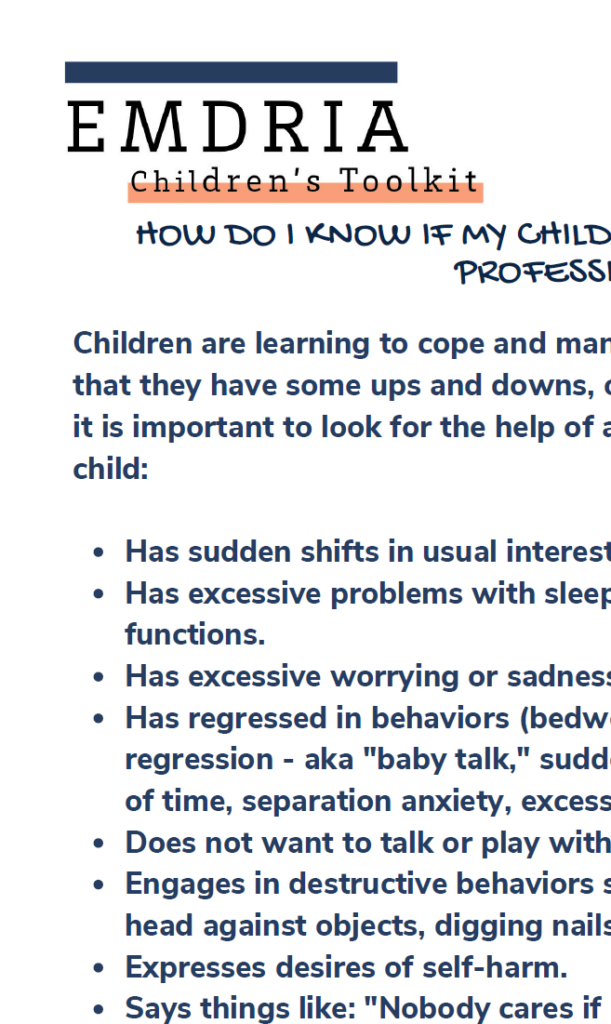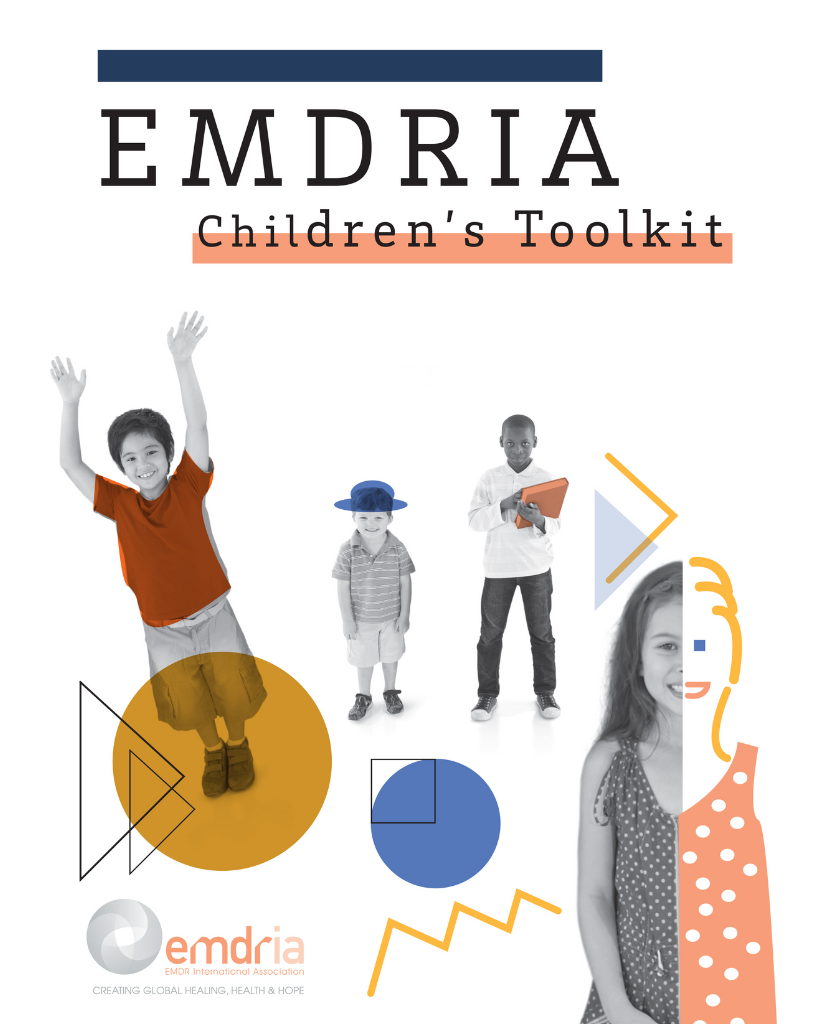How do I Know if my Child Needs a Mental Health Professional?
When should you seek the support of a mental health professional? This checklist helps adults determine when to call a therapist for their child. This resource is part of the EMDRIA Children’s Toolkit for EMDR therapy.
This content is restricted for members only. Please Log In or Join EMDRIA.





